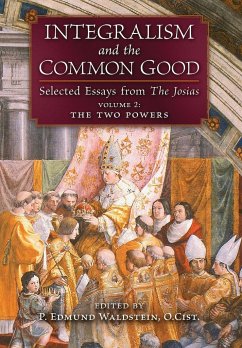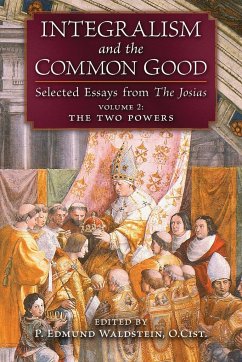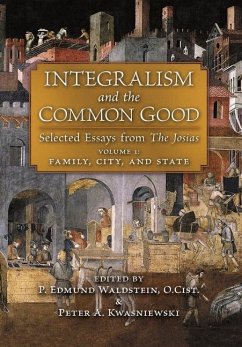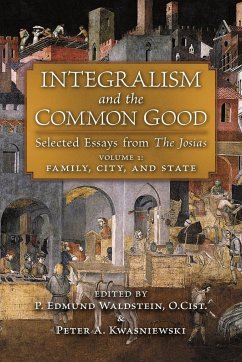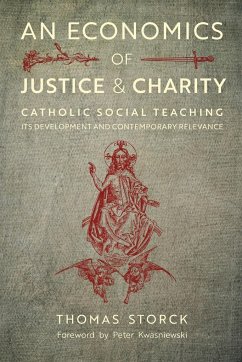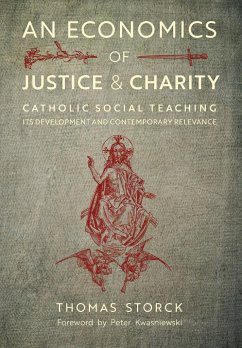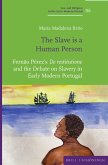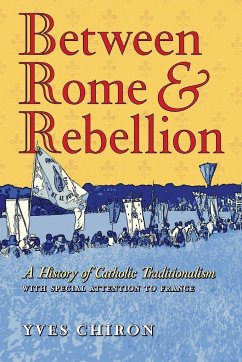If the Catholic Church can look with indifference on various political forms, it is not true conversely that political communities can look with indifference on various forms of "religion." Like any part of creation, political life-established and willed by God for the sake of the temporal common good-has been wounded and is in need of healing by the grace of God, in whom all things subsist and to whom they are to be directed. The Church is no threat to temporal authorities but the bearer of a message of hope that they can become more fully themselves: she calls on them to recognize the truth about man that his Creator has written into his heart and the truth that has become man in the Word made flesh. Being both from God, the two powers-the temporal power of earthly rulers and the spiritual power of the Apostles and their successors-are meant to enter into an ordered relation, each having its own proper concern but capable of flourishing only in harmonious cooperation. This second volume of selected essays from The Josias is largely concerned with expounding the social duties of man toward the true religion: in short, the meaning of the Social Kingship of Christ. It pursues the implications of the Church's demand for freedom of action (libertas ecclesiae) against the false principle of the separation of Church and state, and deftly responds to objections raised against this vision of "integralism."
Hinweis: Dieser Artikel kann nur an eine deutsche Lieferadresse ausgeliefert werden.
Hinweis: Dieser Artikel kann nur an eine deutsche Lieferadresse ausgeliefert werden.
